Electric SUVs promise a harmonious blend of sustainability and cutting-edge technology, but not all fulfill this promise. As the allure of electric vehicles grows, so does the range of options in the market. Yet, amidst the landscape of eco-friendly promises, some electric SUVs might leave you feeling more charged with disappointment than with excitement. Consumer Reports rated these cars low on their reliability list, with some scoring only 1/5 based on their rating scale.
Let’s take a closer look at a few that might not quite hit the mark, guiding you through the maze of choices to ensure your electrified driving experience fulfills your every expectation.
Audi E-Tron
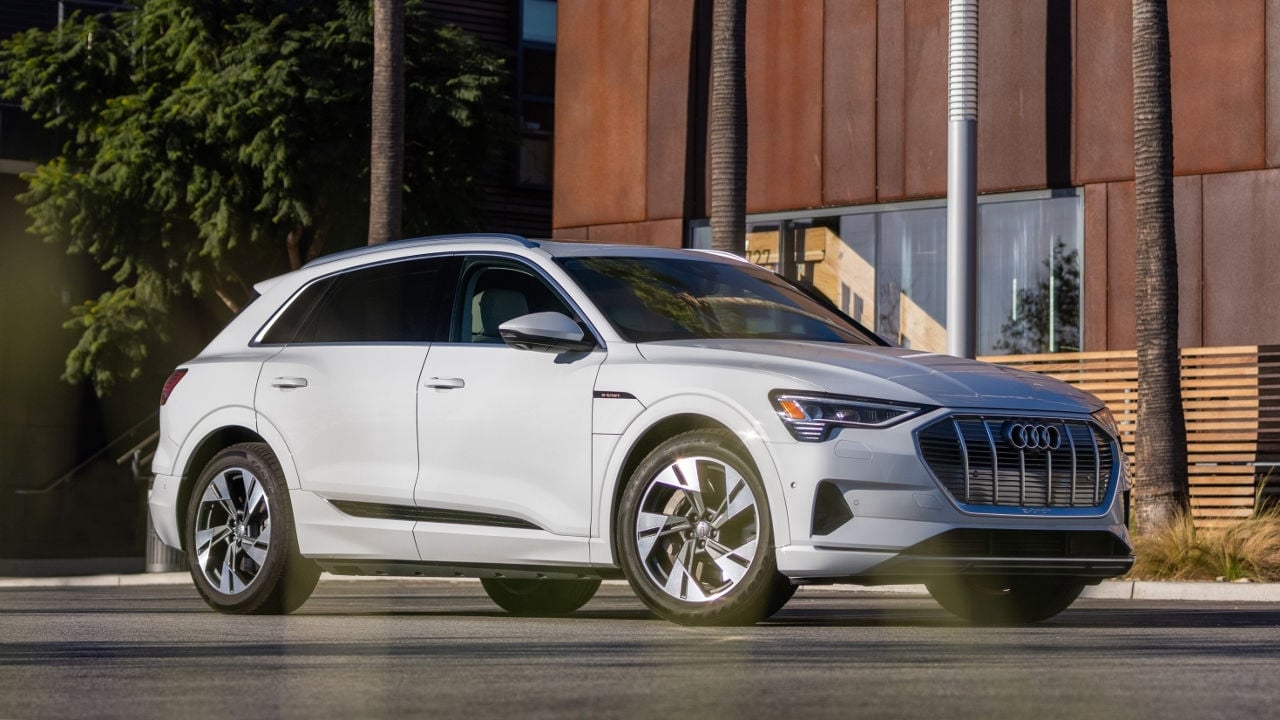
The Audi e-Tron, a pioneer in the electric SUV category, unfortunately falls short in several areas. While it marked Audi’s significant step into EVs, its maintenance costs are a major downside, averaging a hefty $1,200 annually.
Additionally, the e-Tron’s range is underwhelming compared to newer models, and past issues with its anti-lock braking system and electronic stability control further dent its appeal.
With a Consumer Reports rating of 63/100, the Audi e-Tron doesn’t seem to justify its upkeep costs.
Mustang Mach-E
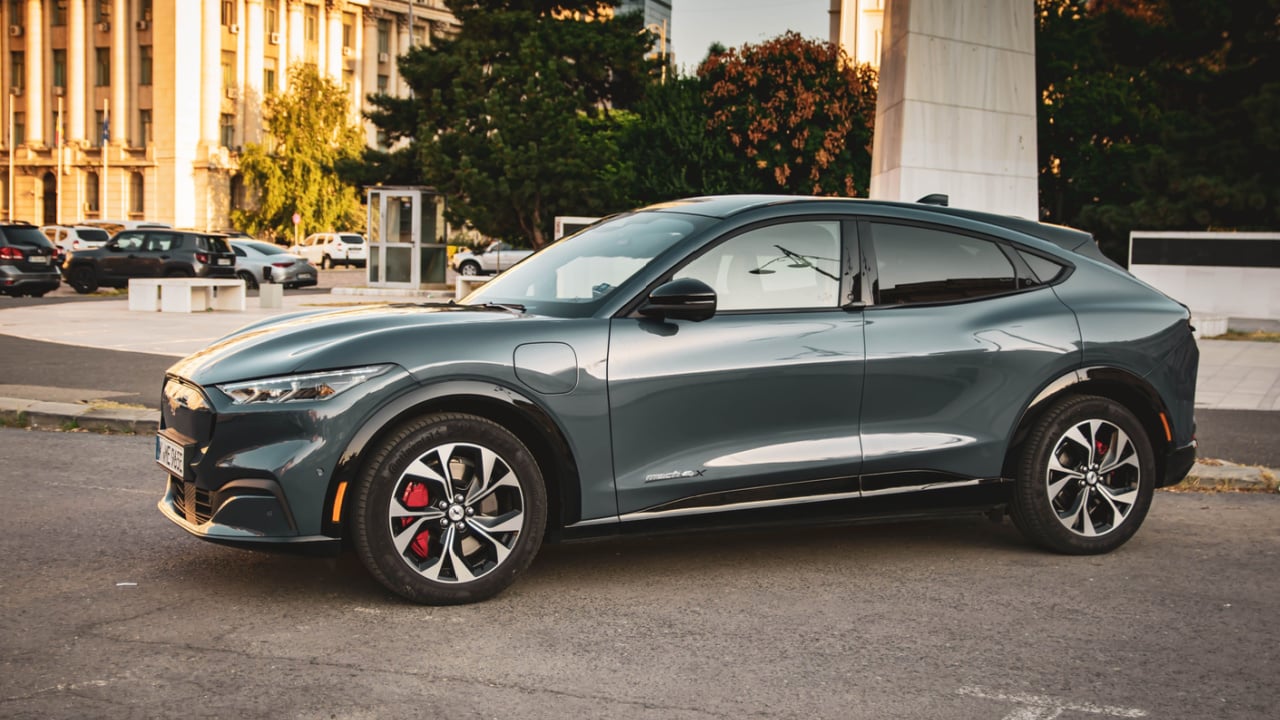
The Ford Mustang Mach-E, a surprising entry in this list, faces challenges with its one-pedal driving experience and braking system. Its initial charger network was also less than impressive, although this may have improved. With only 5.7 inches of ground clearance, it’s not ideal for off-roading adventures.
While it’s not the worst on the list and offers a decent range and horsepower, there are more reliable and practical options available than the Mach-E for those in need of a robust SUV.
GMC Hummer EV SUV
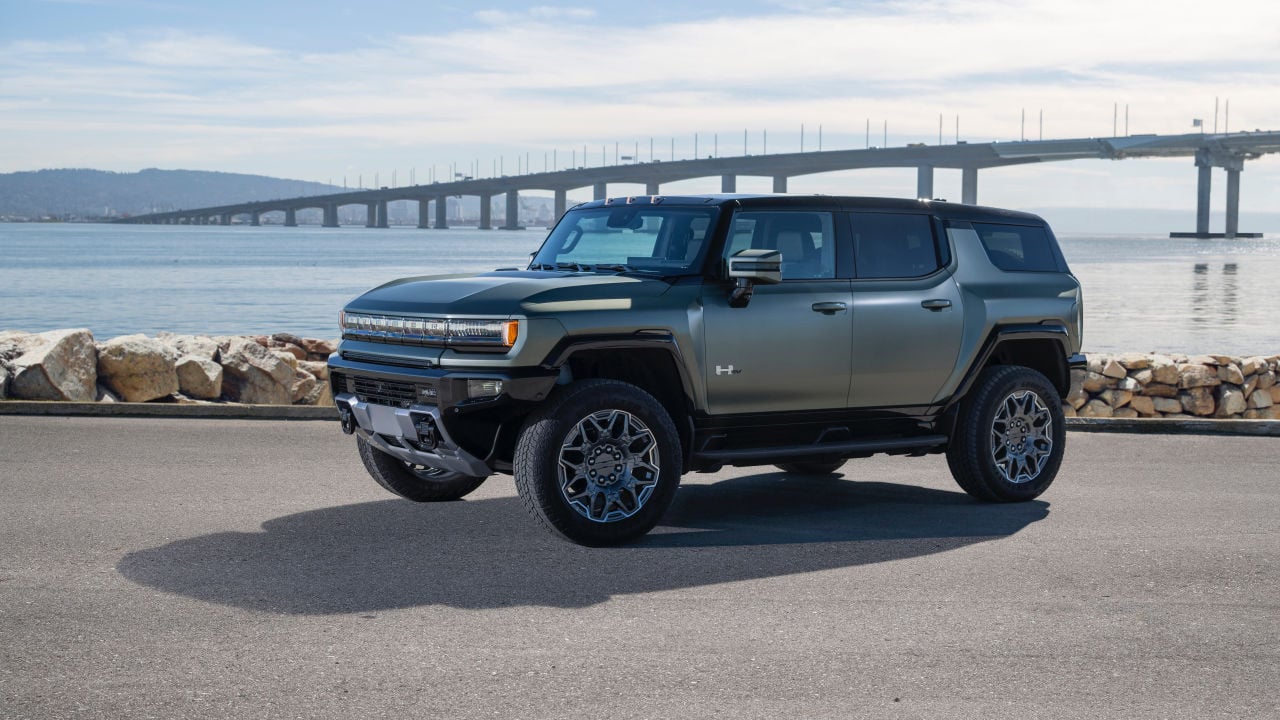
The GMC Hummer EV SUV is an example of excess in the electric vehicle world. Weighing a whopping 9,000 lbs and costing over $100,000, it’s neither economical nor practical for daily use. Its significant CO2 emissions and high charging costs further detract from its appeal as an environmentally friendly option. Despite its impressive performance capabilities, the Hummer EV SUV seems more like a symbol than a sensible choice for EV buyers.
Tesla Model X
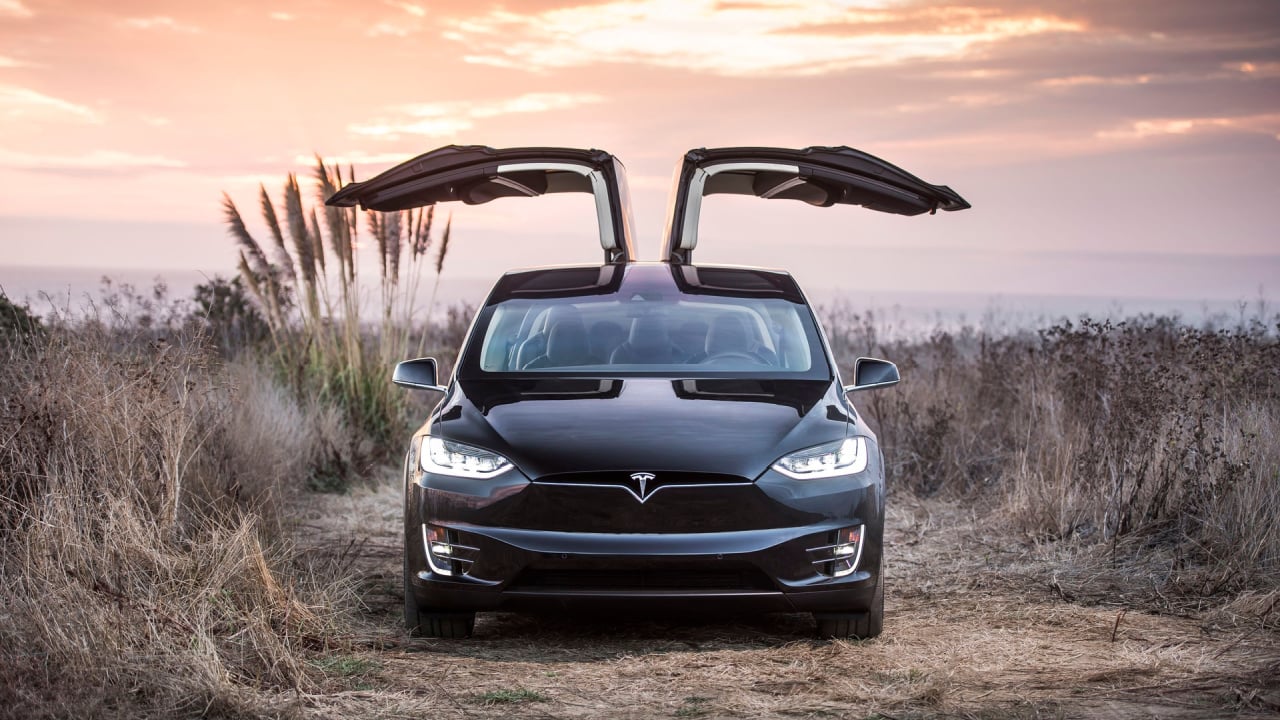
The Tesla Model X, surprisingly, makes this list despite Tesla’s pioneering role in the EV market. Known for its unique Falcon-wing doors, the Model X has been plagued with numerous build quality issues, leading to multiple recalls. Problems with its infotainment system and media control unit add to the frustration of owners, making it a less reliable choice despite its high price point.
Jaguar I-Pace
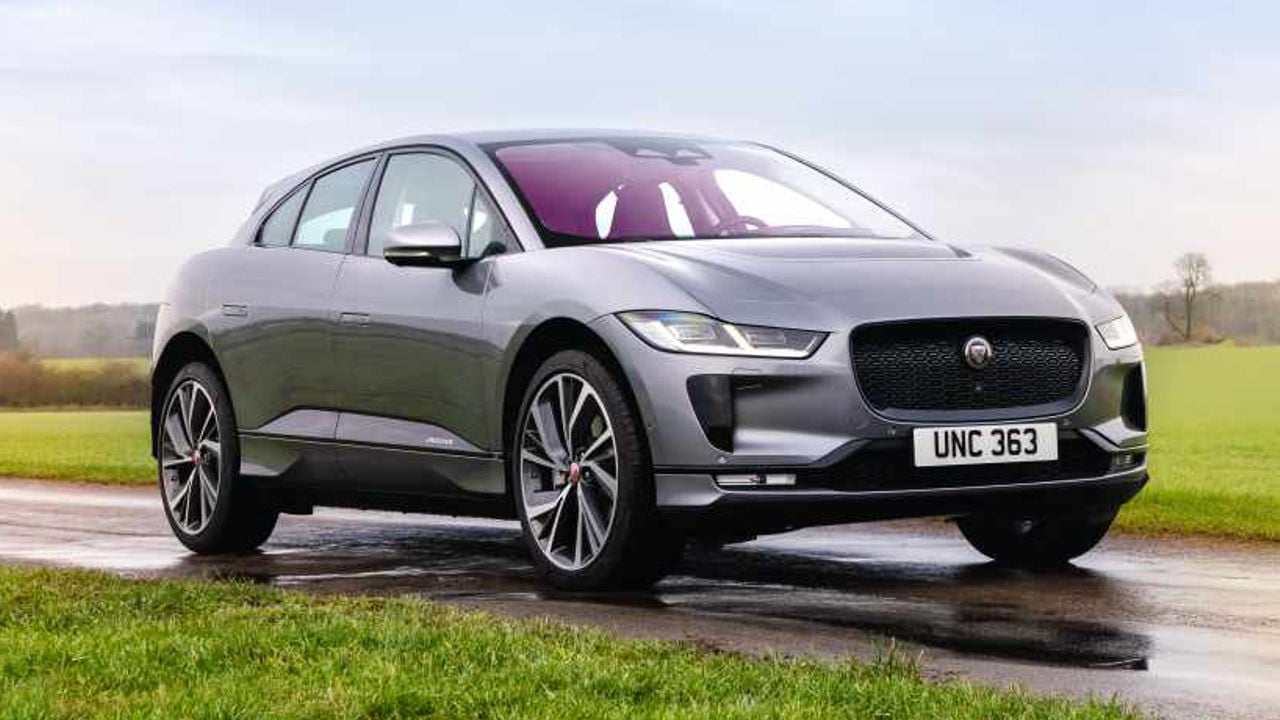
Jaguar’s I-Pace, while offering decent horsepower and torque, falls short in reliability. Technical issues such as high voltage system faults and a dying 12V system are common, diminishing its appeal. Coupled with a high maintenance cost of around $1,500 annually, the I-Pace, despite its brand lineage, struggles to make a compelling case for itself, especially given its high purchase price.
BMW iX
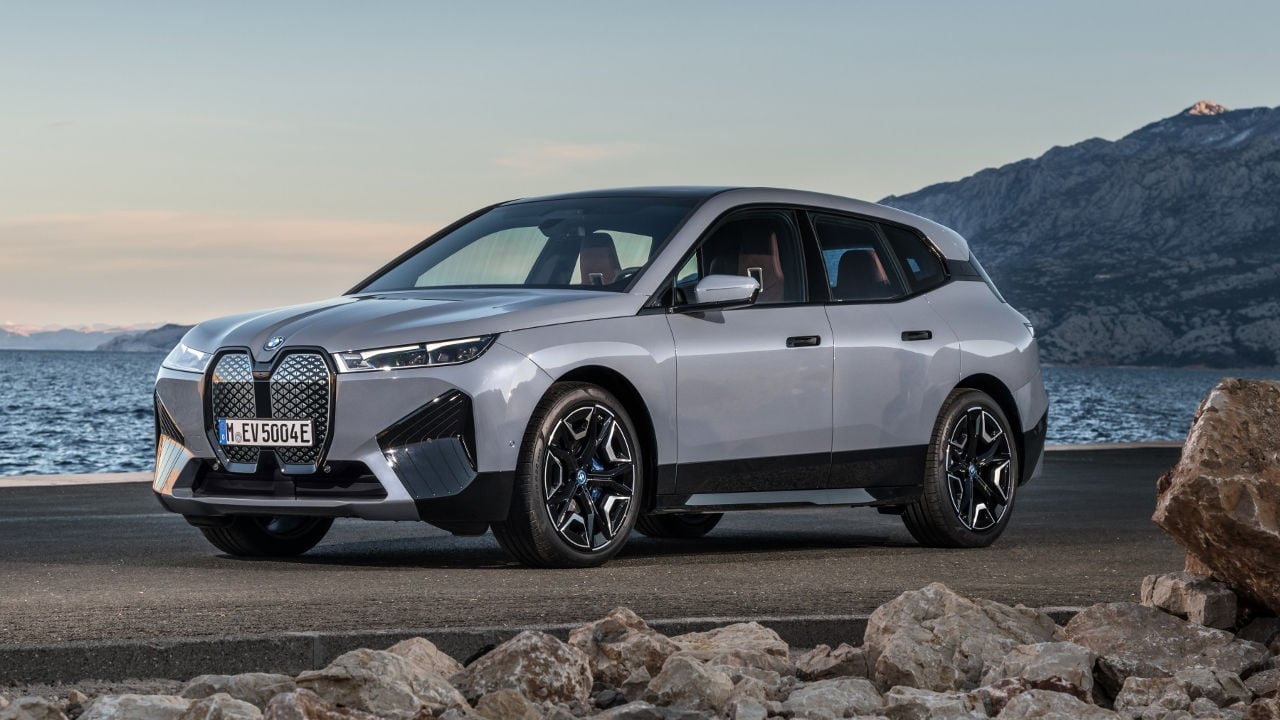
The BMW iX, a new entrant in the luxury electric SUV market, impresses with its power and style. However, its steep price tag and high annual maintenance cost of approximately $2,000 make it a costly investment. Despite its range and performance, the iX’s design, particularly its massive grille, has received mixed reactions, leading some to consider it overrated and overpriced compared to alternatives like the Rivian R1S.
Mazda MX-30
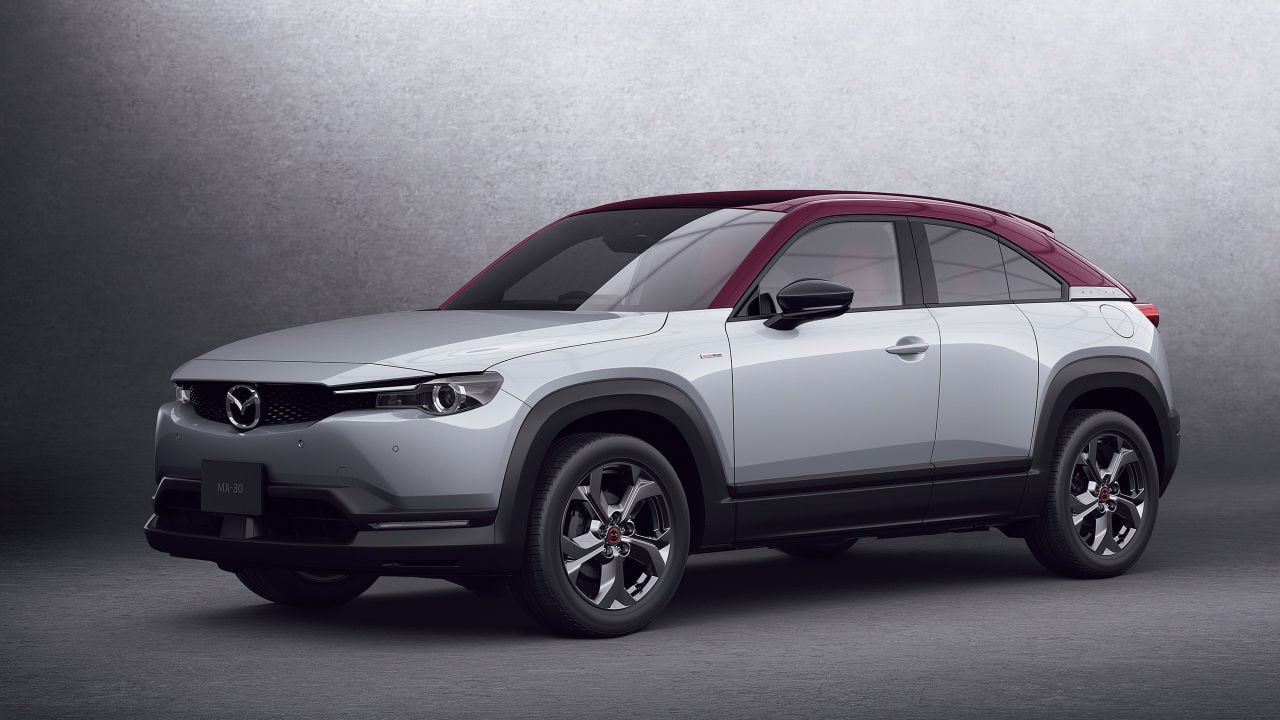
The Mazda MX-30 is an unfortunate example of an EV failing to address the range anxiety issue. With a meager 105-mile range, it’s hardly practical for anything beyond short city commutes. While its reliability isn’t in question, the limited range severely restricts its usability, relegating it more to a novelty than a viable EV option.
Kia Niro
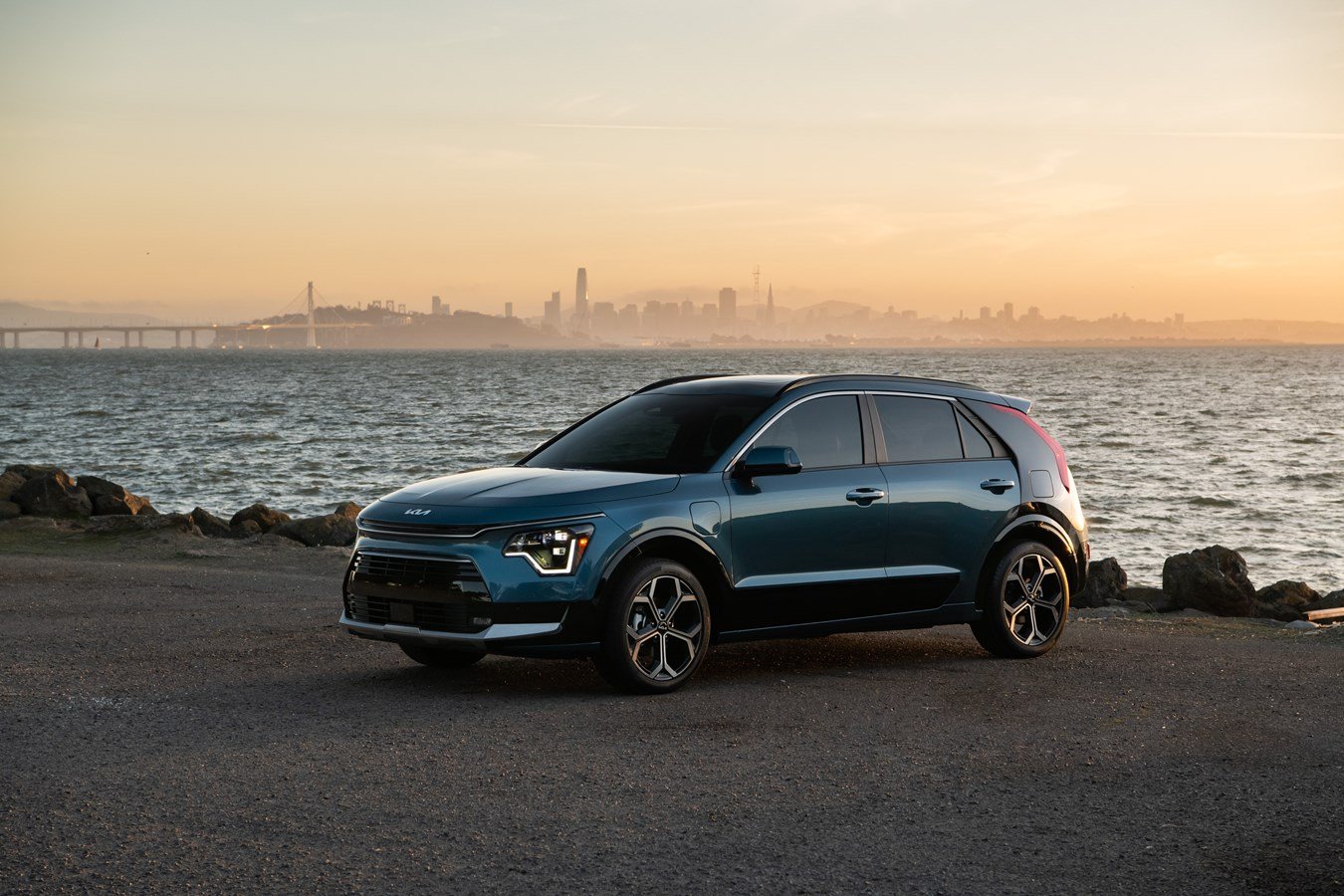
The Kia Niro EV offers a respectable range and performance at a competitive price. However, issues with the electric motors, specifically bearing failures, have been reported, sometimes occurring early in the vehicle’s life. Moreover, difficulties in getting these issues addressed under warranty add to the concerns, overshadowing the vehicle’s otherwise appealing aspects.
Chevrolet Bolt EUV
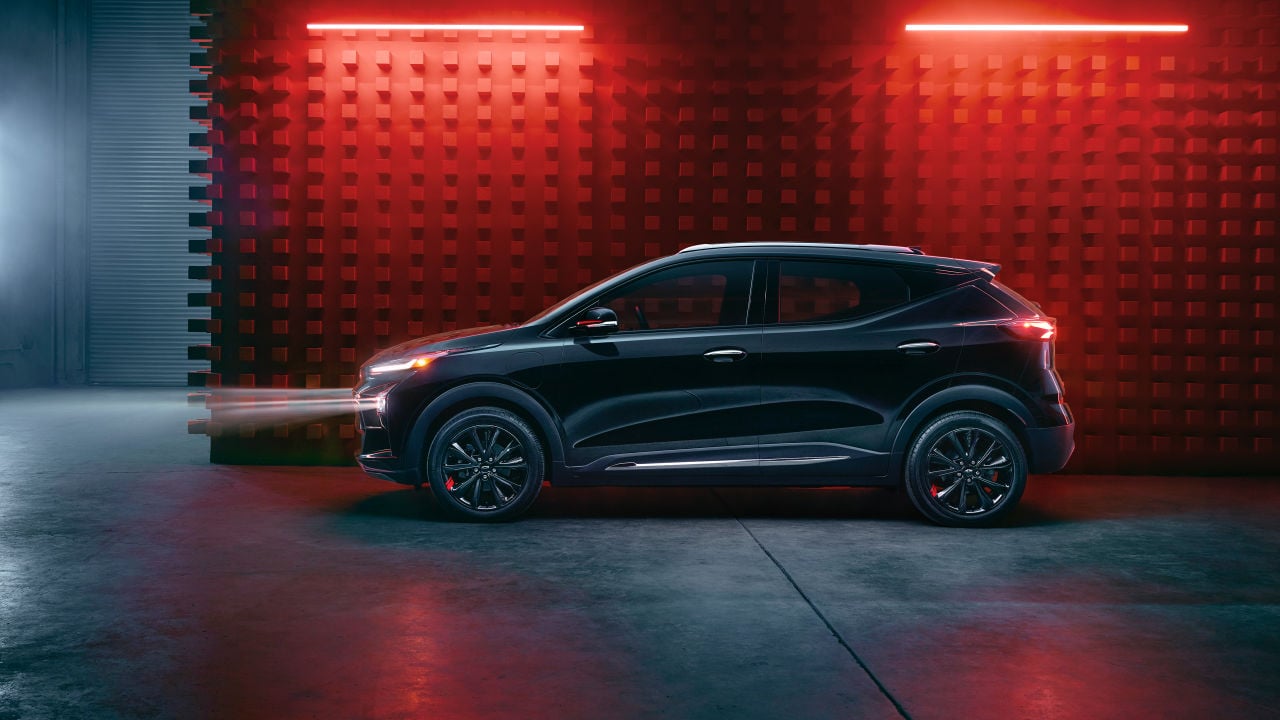
The Chevrolet Bolt EUV, positioned as an affordable and attractive option in the electric crossover market, unfortunately faces significant challenges due to reliability issues. Its primary concerns center around the battery, which have led to costly recalls and replacements.
This undermines the vehicle’s initial cost advantage, as owners may have to bear unforeseen expenses over time. Consequently, despite its initial low price point, the Bolt EUV’s ongoing reliability issues and the potential for additional costs can significantly diminish its appeal for cost-conscious consumers looking for a long-term investment in the EV segment.
Hyundai Kona Electric
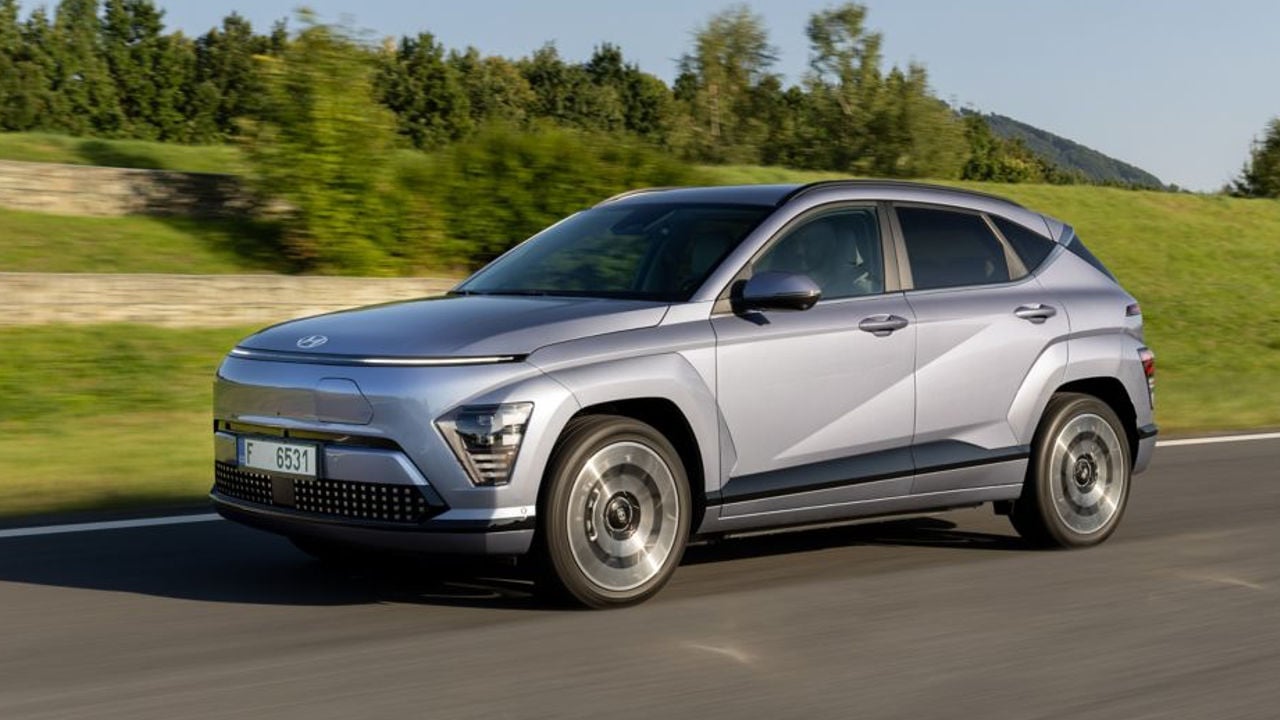
The Hyundai Kona Electric, initially appealing as a budget-friendly EV option, unfortunately grapples with substantial battery-related problems, such as short circuits and coolant leaks. These issues have resulted in disappointing reliability ratings for the model. Additionally, the Kona Electric is burdened with high maintenance expenses and a concerning history of recalls, eroding the potential cost benefits usually expected from electric vehicles.
2023 Volkswagen ID.4
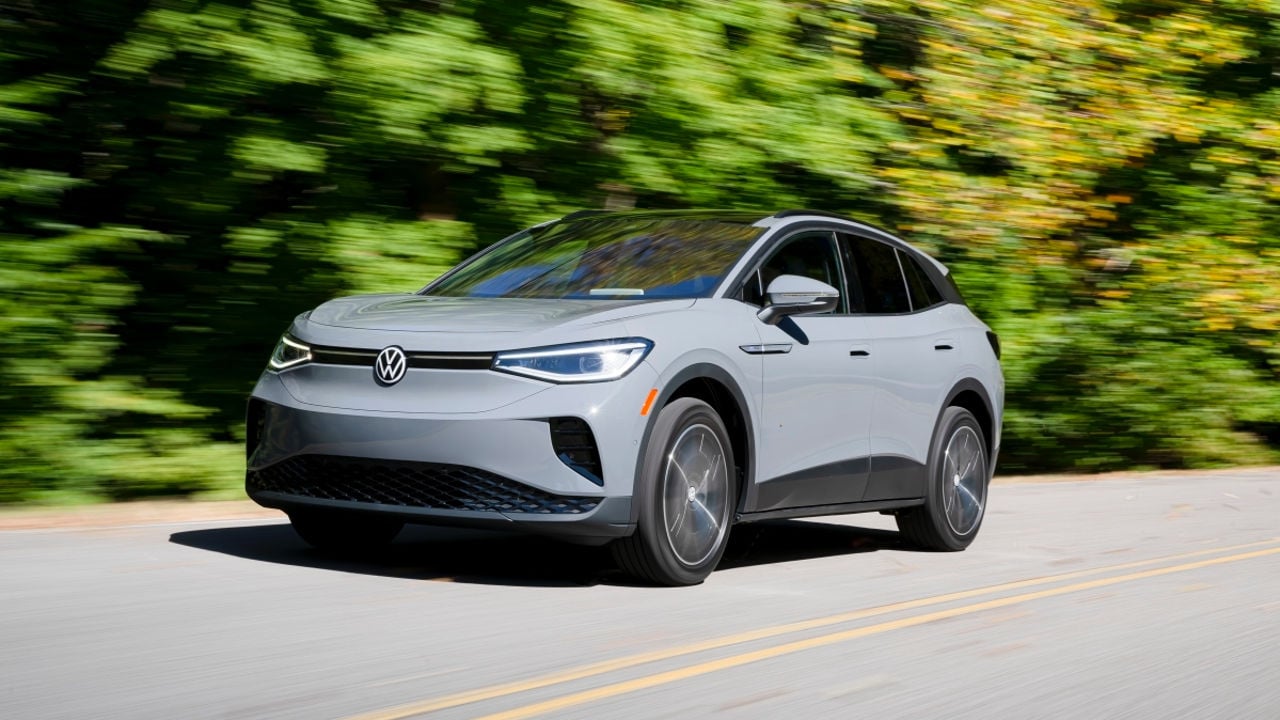
Volkswagen’s ID.4, with its spacious interior and attractive price point, unfortunately falls short due to several key drawbacks. The vehicle’s user experience is marred by unintuitive controls, which can be frustrating for drivers. Additionally, its performance in cold temperatures leads to a notably reduced range, diminishing its practicality in certain climates. The long charging times further inconvenience users, especially when compared to other EVs in the market.
2023 Audi Q4 E-Tron
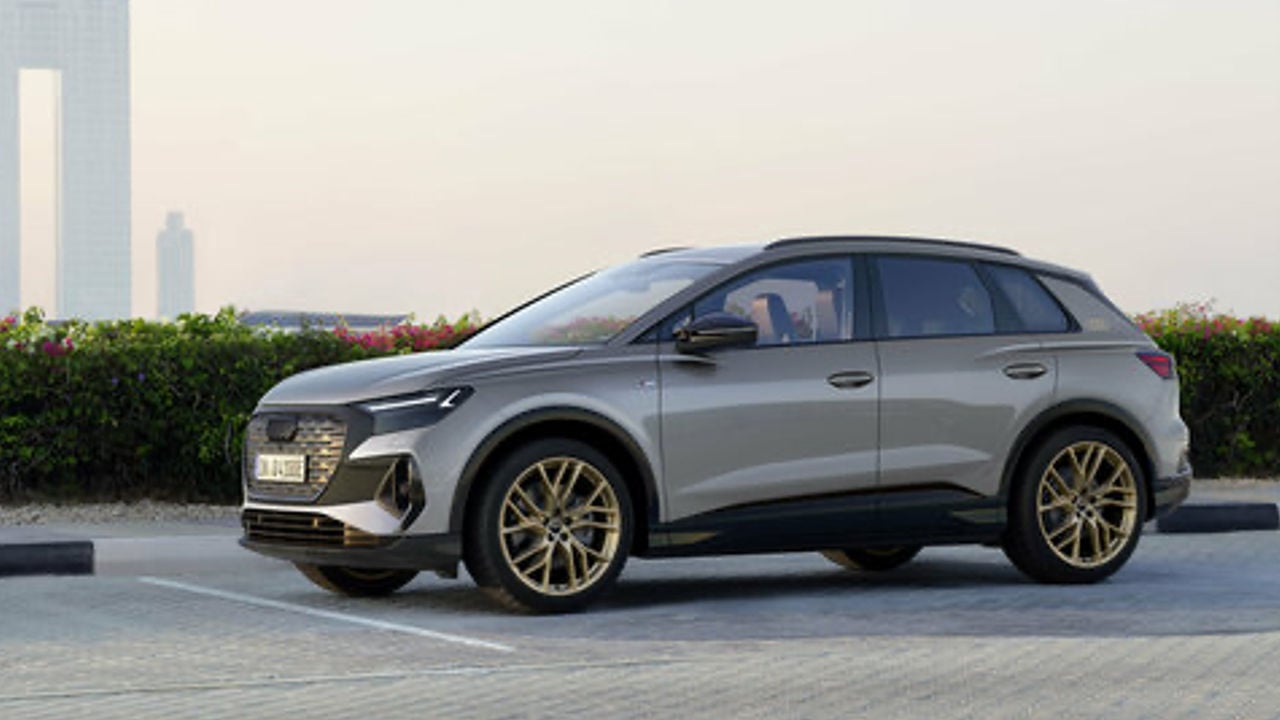
The Audi Q4 e-tron, essentially a rebadged Volkswagen ID.4, offers a slightly more upscale experience but shares similar drawbacks. Its reliability is marred by recalls and issues like spongy brake pedals, detracting from its overall appeal despite the brand’s prestige.
- SEO Powered Content & PR Distribution. Get Amplified Today.
- PlatoData.Network Vertical Generative Ai. Empower Yourself. Access Here.
- PlatoAiStream. Web3 Intelligence. Knowledge Amplified. Access Here.
- PlatoESG. Carbon, CleanTech, Energy, Environment, Solar, Waste Management. Access Here.
- PlatoHealth. Biotech and Clinical Trials Intelligence. Access Here.
- Source: https://teslatale.com/electric-suvs/
